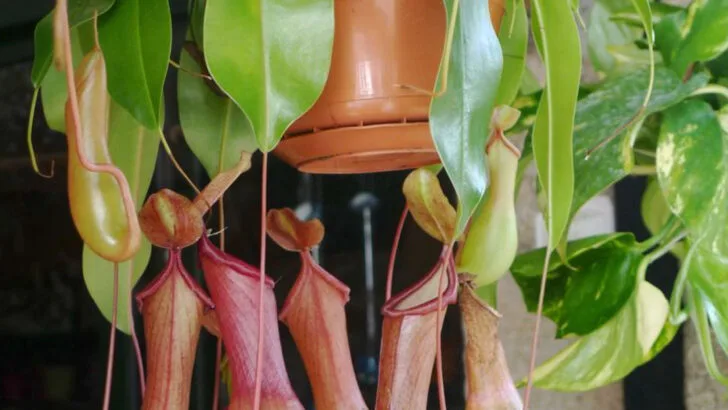You don’t need sprays and chemical foggers to keep mosquitoes away. Sometimes the best repellents are the ones that grow right beside you—quietly doing their job and smelling amazing while at it. Many common plants naturally release oils and compounds that mosquitoes hate but humans find refreshing.
These plants do double-duty: they look great and protect your outdoor space. Whether you’re planning a garden party, tending to your balcony, or just enjoying a sunset, these green allies help create a no-bite zone—no DEET required. Even better, many of them attract bees and butterflies instead.
From herbs that thrive in pots to flowers that fill the air with calming scent, here are 16 plants that help you reclaim your summer evenings—without harsh chemicals and without lifting more than a watering can.
Citronella
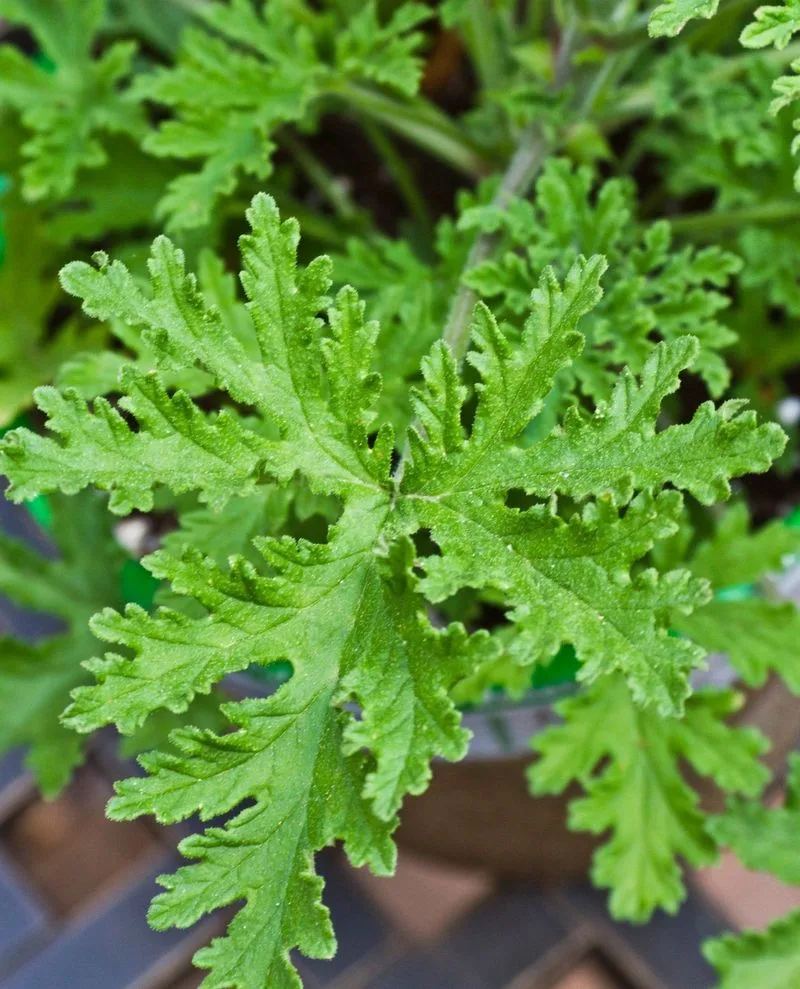
Citronella is famous for its citrusy aroma that mosquitoes find unbearable. Its vibrant green leaves not only bring life to any garden but also serve as an effective natural barrier against these pests. The plant thrives in warm climates and is a popular choice among gardeners seeking eco-friendly insect control. Citronella can be easily grown in pots, making it a versatile addition to patios and balconies.
Lavender
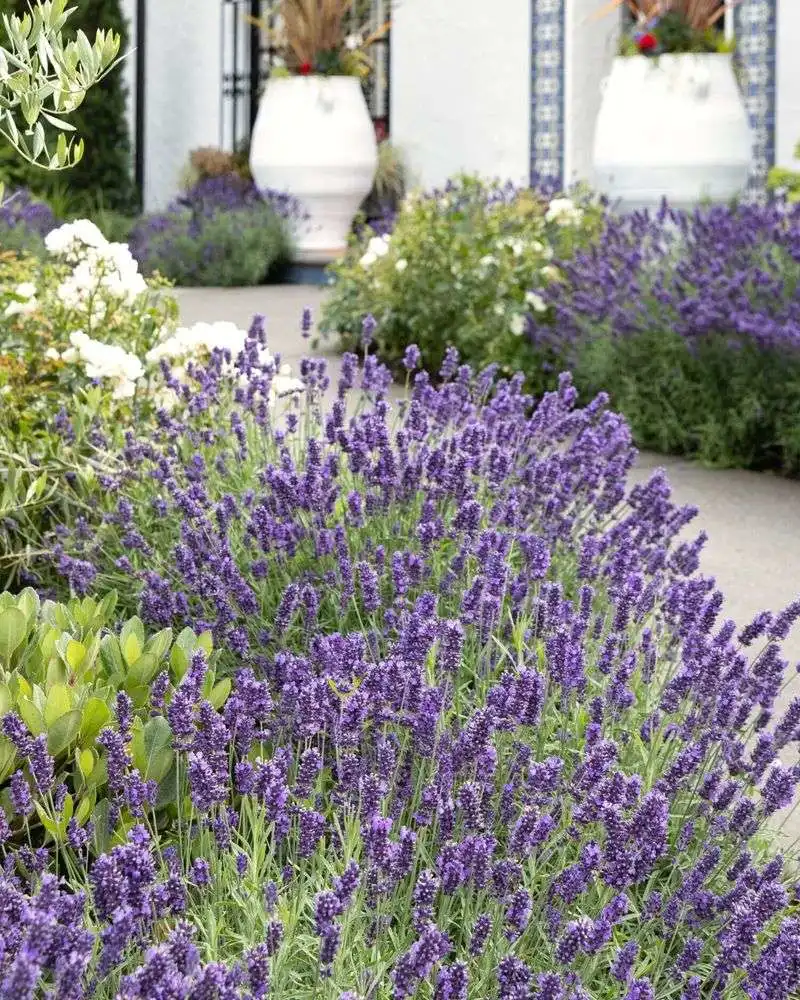
Lavender is as pleasing to the eye as it is powerful against mosquitoes. Its stunning purple flowers release a fragrance that humans adore, yet mosquitoes detest. Beyond its pest-repelling properties, lavender is often used in aromatherapy for its calming effects. Plant it near doorways or windows to create a fragrant barrier that keeps mosquitoes at bay while adding a touch of elegance to your home.
Marigold
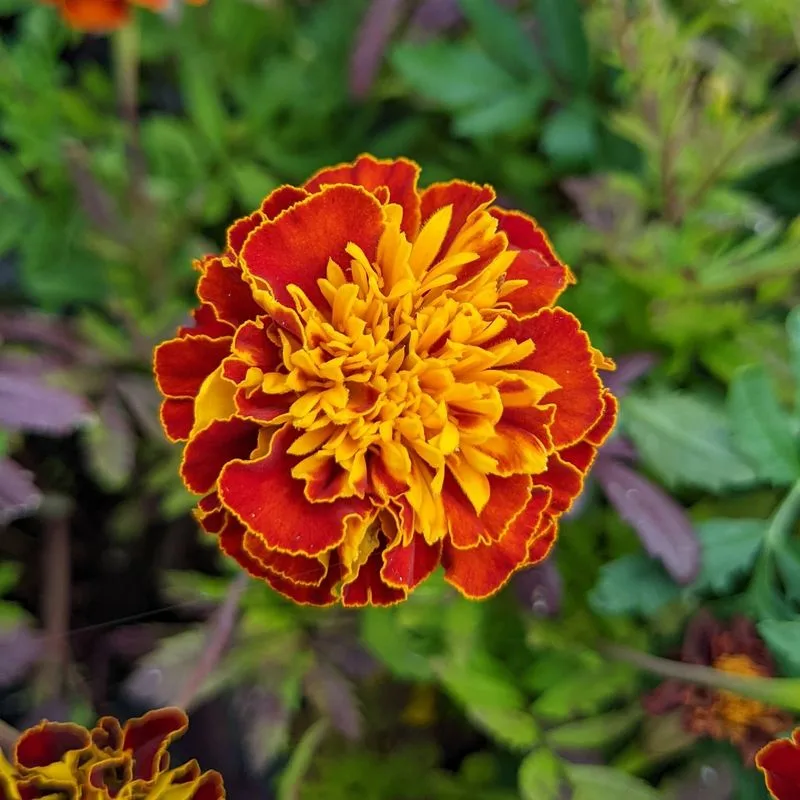
Marigolds are more than just a splash of color in your garden. Their distinct scent is a natural mosquito deterrent, making them an ideal companion for outdoor spaces. These hardy flowers are easy to grow and can thrive in various soil types. Planted along borders or in pots, marigolds not only enhance garden aesthetics but also create an aromatic shield that mosquitoes find repulsive.
Basil
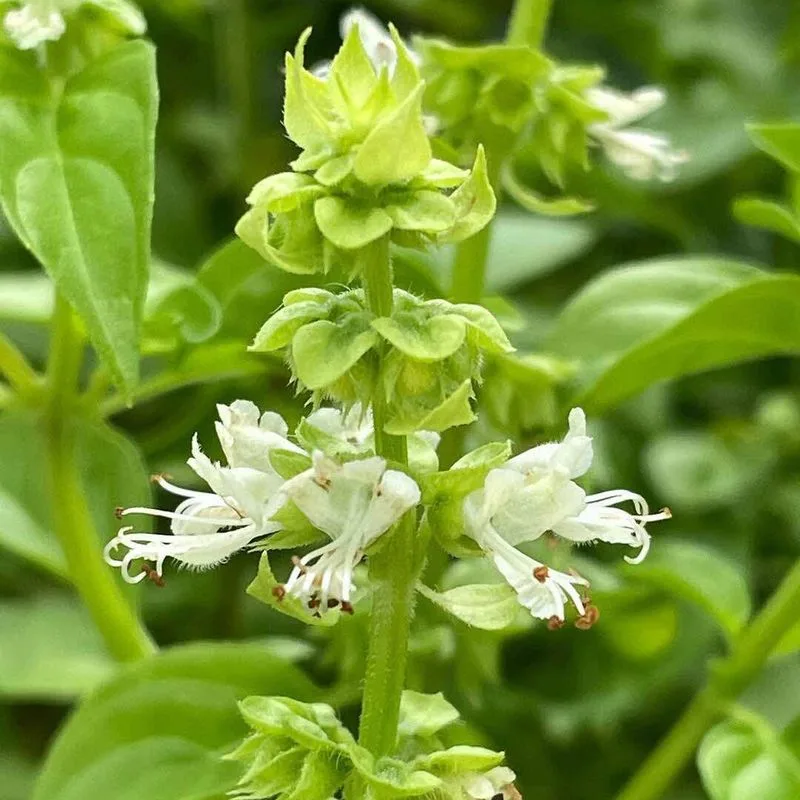
While basil is a culinary favorite, it also doubles as a mosquito repellent. The aromatic oils in its leaves are offensive to mosquitoes, making it a must-have for kitchen gardens. Basil’s versatility allows it to flourish in pots or garden beds. Whether used fresh in recipes or dried for later, this herb provides a continuous cycle of culinary delight and pest protection, especially when positioned near outdoor seating areas.
Rosemary
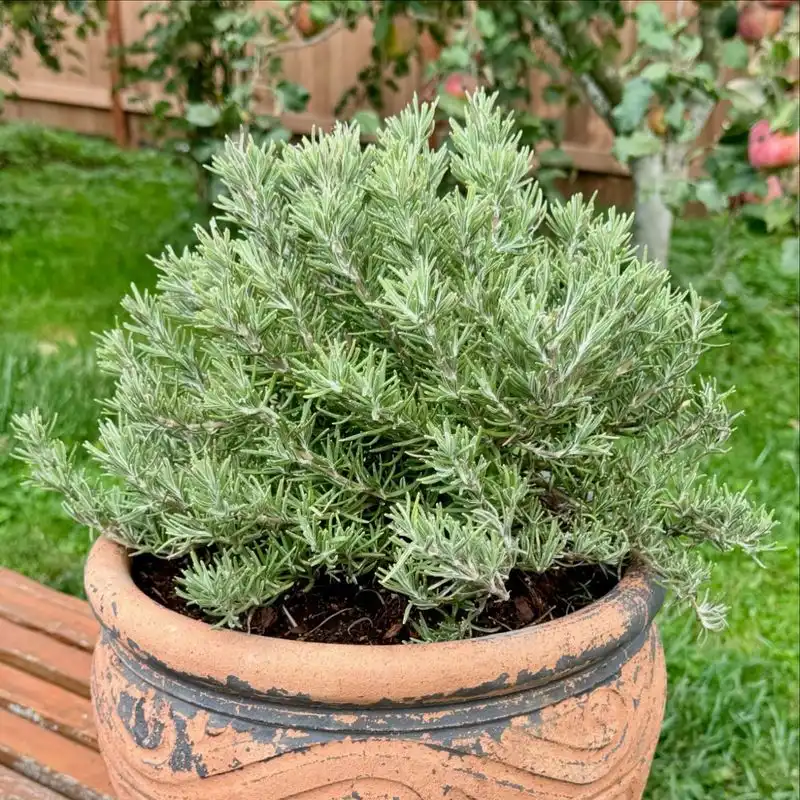
Rosemary is more than a flavorful herb; it’s a natural mosquito repellent. Its woody scent masks human odors that attract mosquitoes, offering a pleasant alternative to chemical repellents. This hardy plant prefers sunny, well-drained locations, making it ideal for Mediterranean gardens. Whether used in cooking or as a garden hedge, rosemary provides an aromatic and protective environment against unwanted pests.
Mint
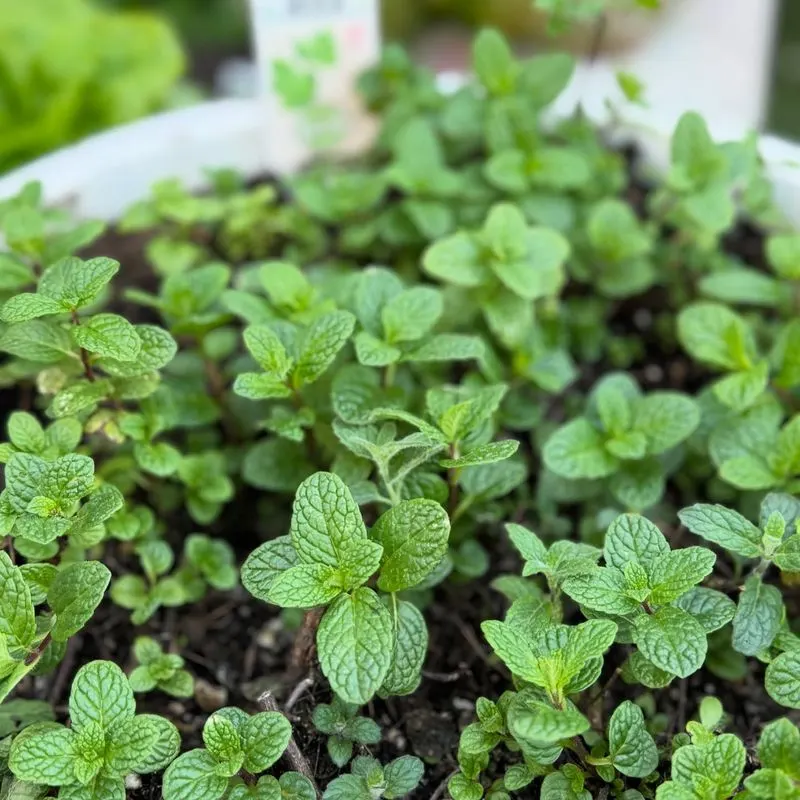
Mint’s refreshing aroma is a powerhouse against mosquitoes. Its fast-growing nature makes it a versatile option for containing pest populations naturally. Whether planted in garden beds or pots, mint creates a fragrant shield that mosquitoes avoid. Besides its repellent properties, mint is a popular
Catnip
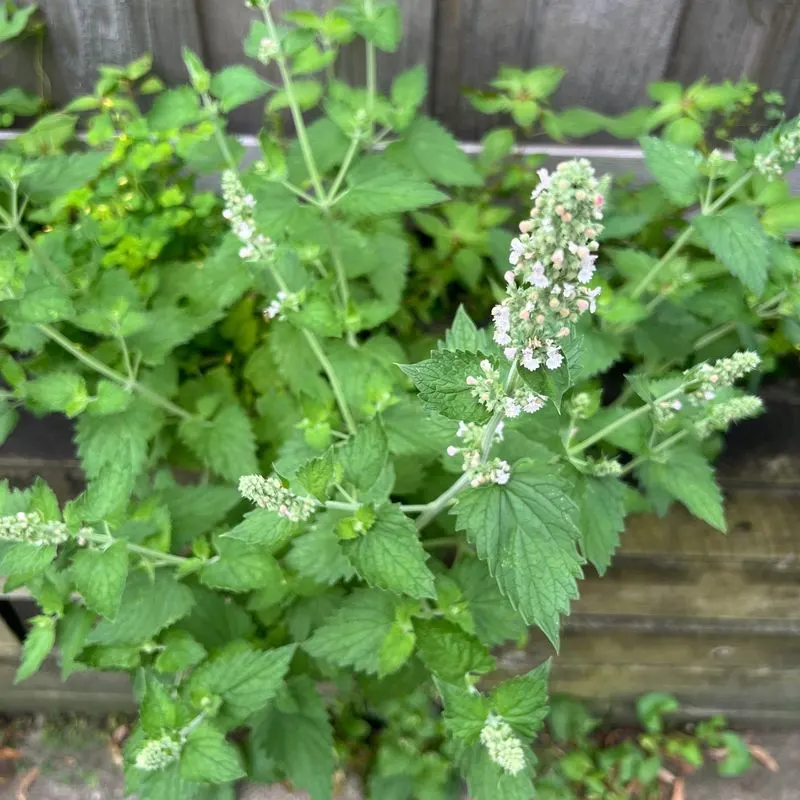
Catnip, known scientifically as Nepeta cataria, is more than just a feline favorite. Surprisingly, it’s a powerful mosquito repellent.
The plant emits a strong scent that mosquitoes find unpleasant. Some studies suggest catnip is ten times more effective than DEET.
Plant it in your garden, and you’ll have fewer mosquitoes to worry about. Additionally, catnip is easy to maintain and can thrive in various conditions, making it a great addition to any garden.
Moreover, its beautiful green leaves add charm and character, attracting butterflies and bees instead of pesky mosquitoes.
Lemon Balm
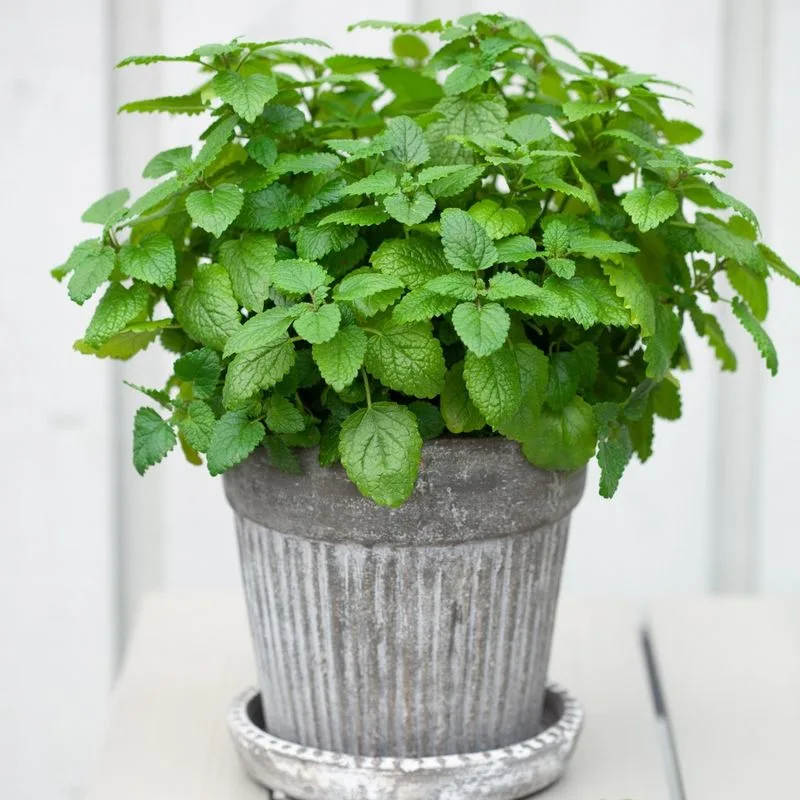
Lemon balm, a perennial herb, is celebrated for its fresh citrus scent. This aroma, delightful to humans, deters mosquitoes effectively.
The plant’s essential oils are the secret weapon, emitting a fragrance that mosquitoes loathe. Lemon balm also doubles as a soothing herbal tea ingredient.
Growing it in pots or garden beds, it requires minimal care, thriving even in partial shade.
Not only does it keep mosquitoes away, but it also invites beneficial insects, promoting a healthy garden ecosystem. Embrace lemon balm as both a garden ally and a mosquito deterrent.
Sage
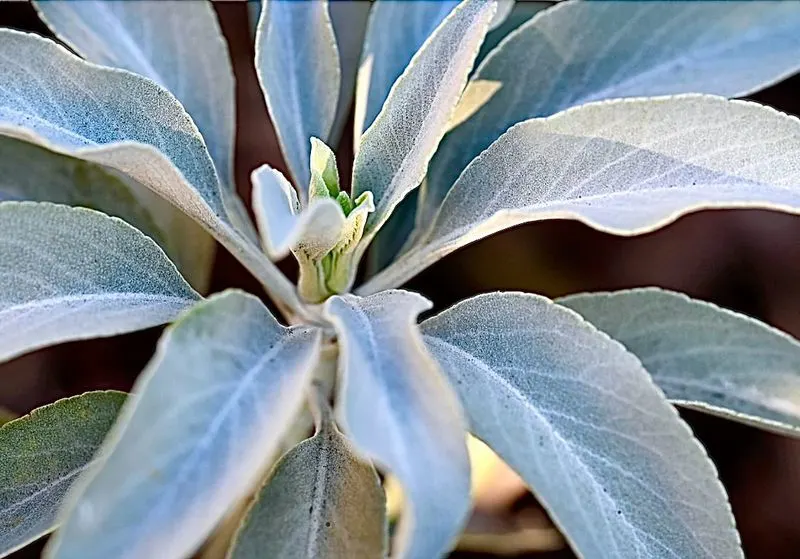
Sage is a versatile herb known for its culinary uses, but its mosquito-repelling properties are less celebrated.
Burning sage leaves releases aromatic smoke that mosquitoes find intolerable. This makes it an excellent choice for outdoor gatherings.
Plant sage in well-drained soil, and watch it thrive with little maintenance. Its robust aroma fills the air, creating a mosquito-free zone.
Besides, sage’s soft, fuzzy leaves add a touch of greenery, making it a visually appealing and functional plant for any garden.
Bee Balm
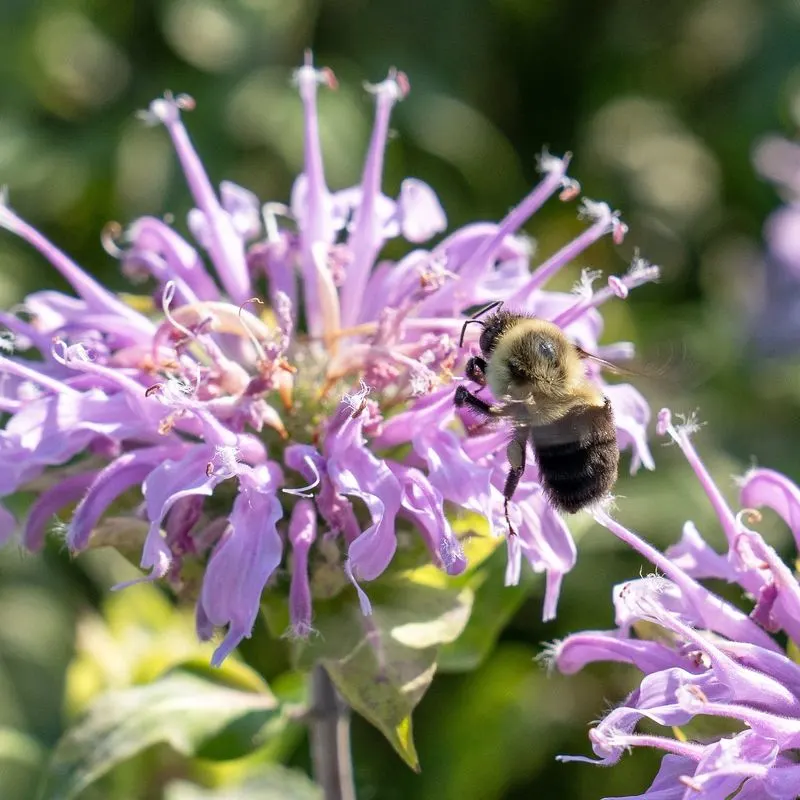
Bee balm, or Monarda, is not just a magnet for bees and butterflies; it’s also a mosquito deterrent.
This plant produces a citrusy aroma that mosquitoes avoid. Its vibrant flowers bring a splash of color to any garden.
Bee balm is easy to grow and thrives in sunny spots with well-drained soil. It not only repels mosquitoes but also supports pollinators, enhancing garden biodiversity.
A garden with bee balm is one buzzing with life, minus the mosquitoes, making it a delightful choice for any outdoor space.
Fennel
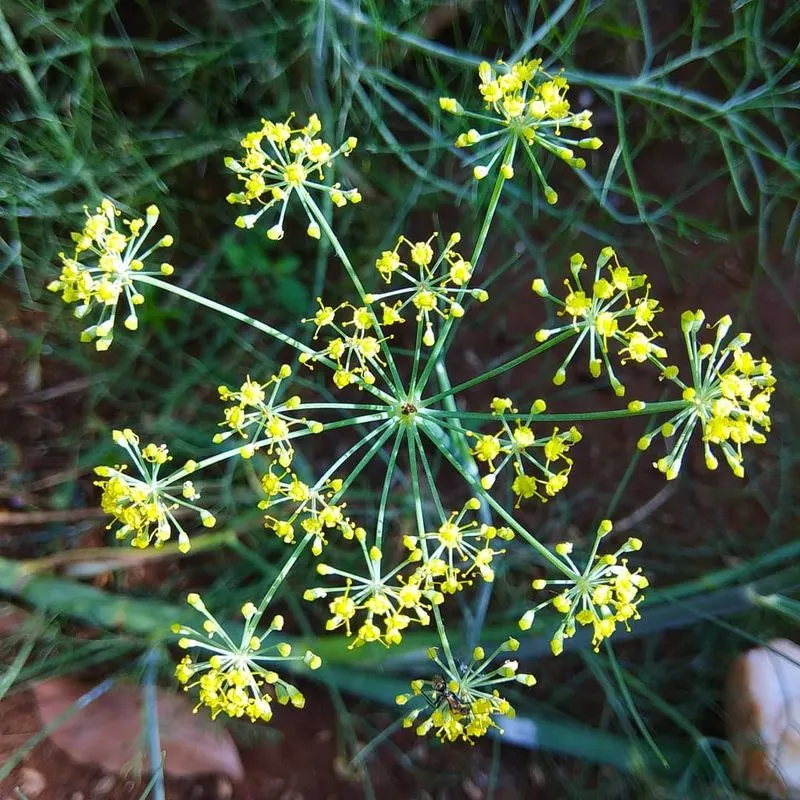
Fennel, with its feathery leaves and distinct aroma, serves as a natural mosquito repellent.
This plant’s essential oils exude a fragrance that mosquitoes disdain. Fennel thrives in sunny locations with well-drained soil, making it an easy addition to any garden.
Aside from repelling mosquitoes, fennel attracts beneficial insects like ladybugs and hoverflies, contributing to a balanced ecosystem.
Its graceful appearance and multifaceted benefits make fennel a must-have for gardeners looking to reduce mosquito presence naturally.
Garlic
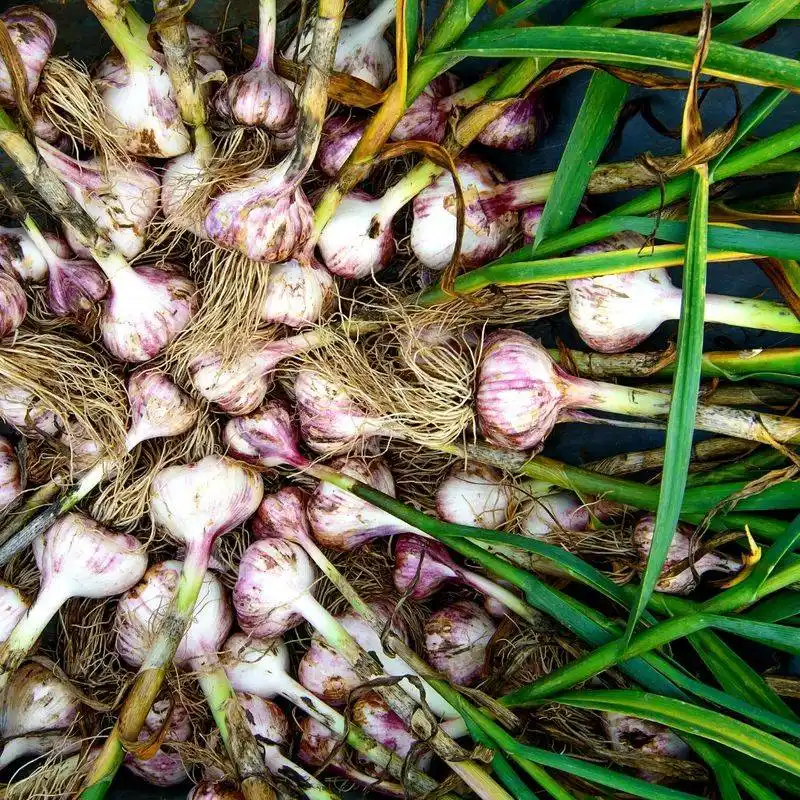
Garlic, famous for its culinary uses, also serves as a mosquito repellent.
Planting garlic in your garden can help reduce mosquito activity, thanks to its pungent aroma.
Garlic is easy to grow, requiring minimal care and thriving in various soil types. Not only does it deter mosquitoes, but it also enriches your garden with its savory bulbs.
The strong scent of garlic masks the human scent that attracts mosquitoes, making it a practical addition to any outdoor space.
Lemongrass
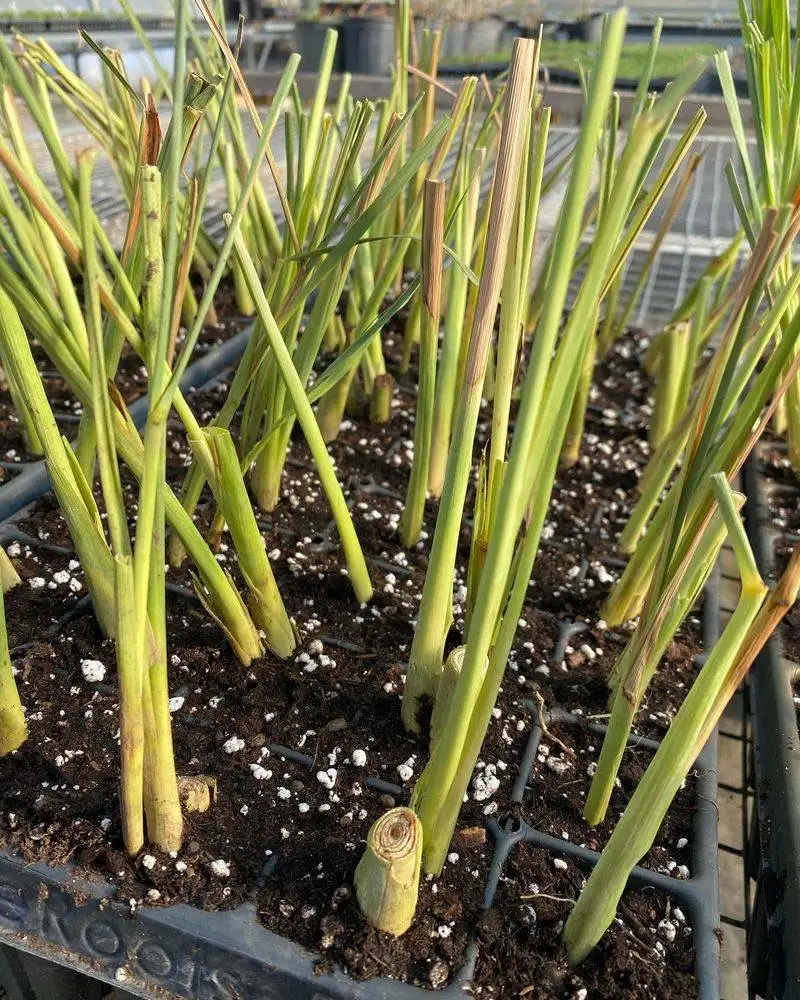
Lemongrass, known for its fresh, lemony fragrance, is a natural mosquito deterrent.
This tropical plant thrives in warm climates and can be grown in pots or directly in the ground.
Its essential oils, especially citronella, are effective in keeping mosquitoes at bay.
Not only does lemongrass repel mosquitoes, but it also adds a touch of the tropics to your garden with its tall, graceful blades.
Incorporate lemongrass into your landscape for both aesthetic appeal and mosquito control.
Pennyroyal
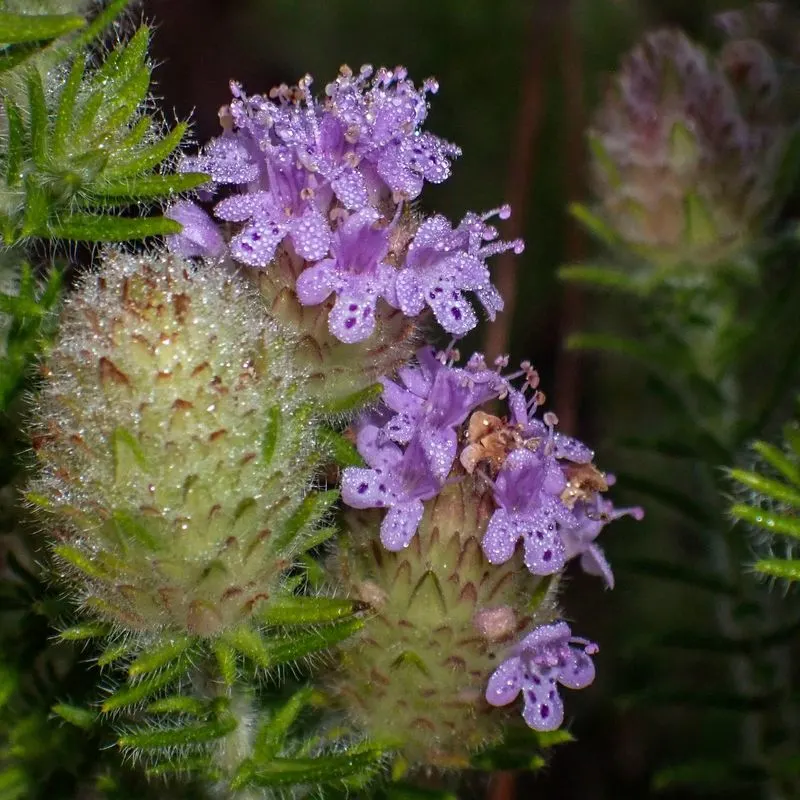
Pennyroyal, a member of the mint family, is renowned for its mosquito-repelling properties.
Its potent aroma acts as a natural deterrent, ensuring a mosquito-free environment.
Plant pennyroyal in well-drained soil and enjoy its vibrant purple flowers. This hardy plant is perfect for rock gardens or as a ground cover.
While it keeps mosquitoes at bay, it also attracts butterflies and bees, enhancing your garden’s beauty and ecological diversity.
Allium
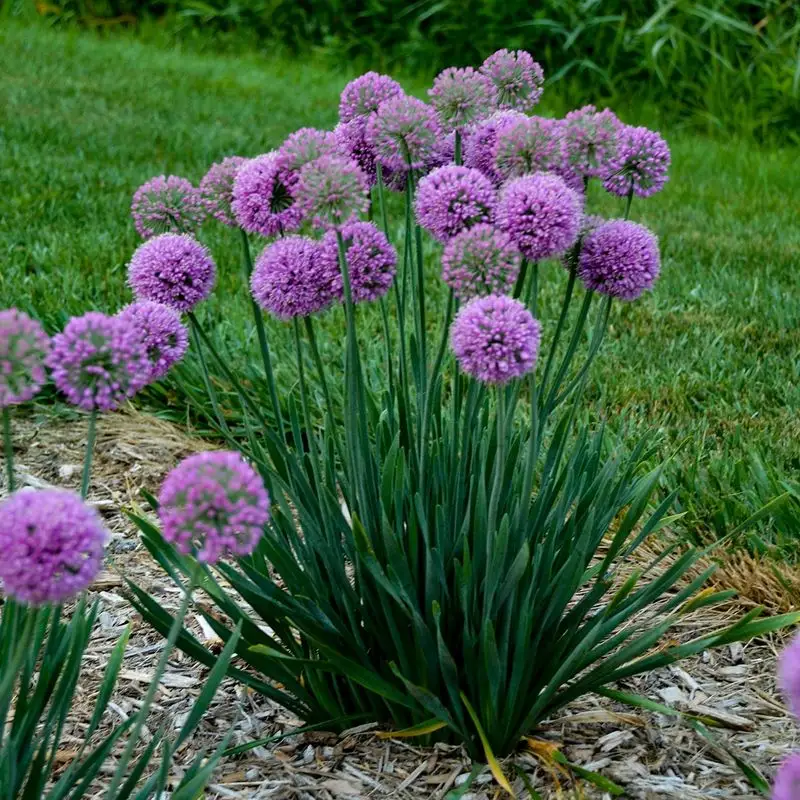
Allium, with its striking spherical flowers, serves as a natural mosquito repellent.
The plant emits an onion-like aroma that mosquitoes find off-putting. Allium is easy to grow and thrives in sunny locations.
Its tall, colorful blooms not only repel mosquitoes but also add architectural interest to your garden.
Beyond its mosquito-repelling abilities, allium attracts pollinators, supporting a healthy garden ecosystem.
Incorporate allium into your garden for its dual purpose of beauty and mosquito control.
Pitcher Plant
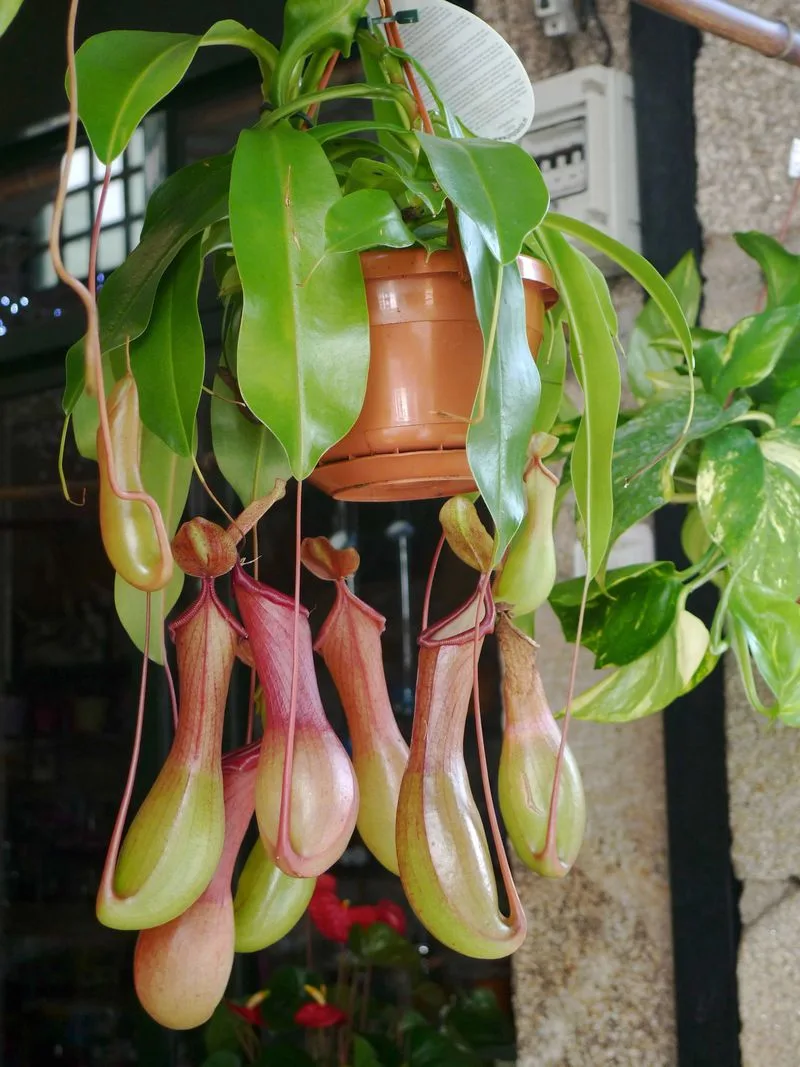
The pitcher plant, a carnivorous wonder, is a unique addition to mosquito control.
Its tubular leaves trap insects, including mosquitoes. While not a repellent in the traditional sense, it reduces mosquito populations.
This plant thrives in humid, tropical conditions, making it ideal for wet gardens. Its exotic appearance adds intrigue and biodiversity to your landscape.
By embracing the pitcher plant, you welcome a natural predator that helps manage mosquito numbers, offering an unconventional solution to mosquito issues.

